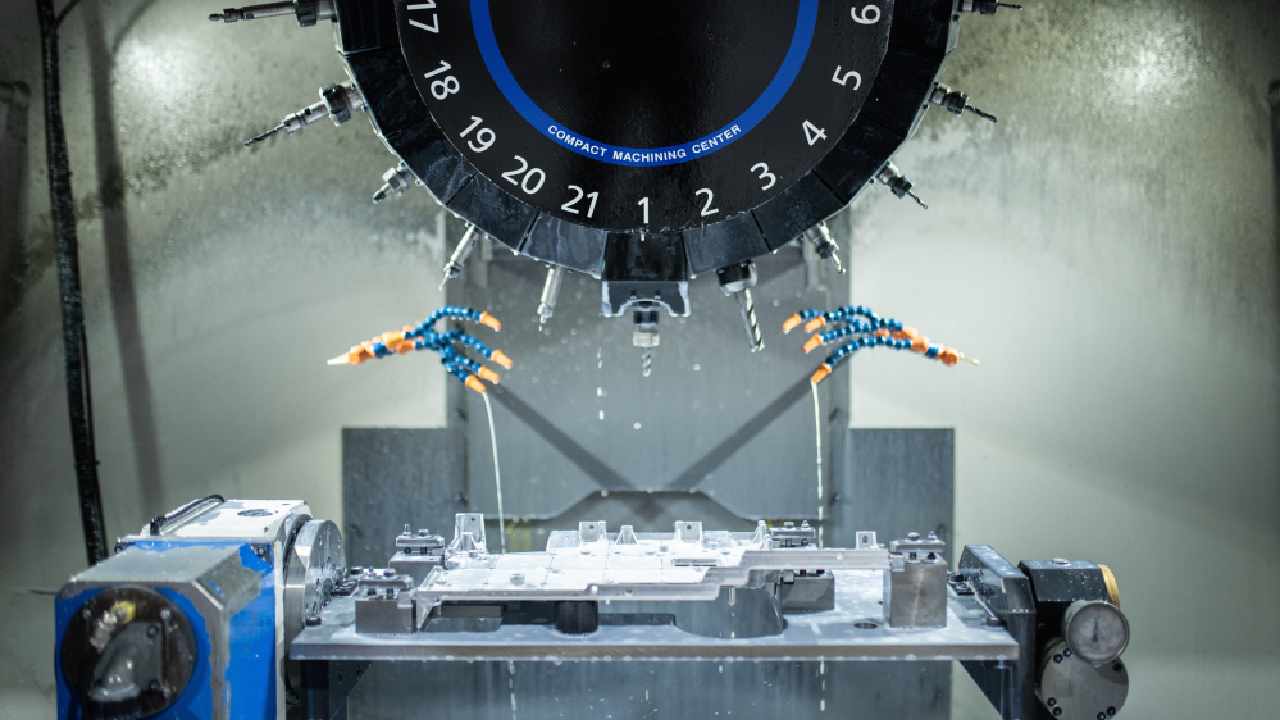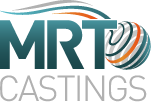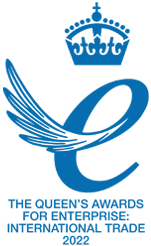
If you’re manufacturing a product which relies on cast metal components, quality is likely to be high on your agenda – and for good reason.
Metal castings are often used in critical applications where failure can have serious (or even deadly) consequences. For example, metal castings are frequently seen in aerospace, automotive, and medical components, where even the smallest defect could result in catastrophe.
Additionally, metal castings are commonly used in applications where high strength, durability, and dimensional accuracy are required. For example, metal castings are a mainstay in the production of heavy machinery, engine components, or structural parts for buildings and bridges. Understandably, the quality of these builds can’t be compromised without putting users at extreme risk.
To ensure that metal castings meet the standard required, strict quality control measures are necessary.
A robust Quality control process will ensure that your casting will be manufactured to your exact specification. It involves a set of procedures, techniques, and activities designed to identify and correct defects or deviations in a product, or it’s specification, prior to it’s released to the customer.
In die casting foundries, quality control often includes rigorous testing and inspection of raw materials, molds and finished castings – usually to find defects such as cracks, porosity, and dimensional inaccuracies. Often, this will be focused on meeting specific industry standards and regulations, as well as your own spec.
The primary goal of quality control, however, is to prevent defects or errors from occurring in the first place. This can be achieved by implementing quality control measures at every stage of the production process, from the selection of raw materials to the final inspection of finished products.
Ultimately, strict quality requirements are necessary to ensure that metal castings will perform reliably in their intended application. With this in mind, it’s essential to choose a casting partner who will support your need for the highest quality products.
MRT Castings are specialists in the production of high-quality metal castings.
To ensure that their castings meet stringent quality requirements, MRT Castings employs several measures, including:
- Advanced Quality Management Systems. MRT Castings has a comprehensive Quality Management System (QMS) in place, which includes ISO 9001:2015 certification. The QMS covers all aspects of their production process, from raw material inspection to final product testing, to ensure consistent quality and traceability.
- State-of-the-Art Equipment. Advanced technology is pivotal to quality control at MRT Castings, including two CNC Co-ordinate Measuring Machines (DEA Global and DEA Swift) and a Bruker Q4 Tasman spectrometer. These help to guarantee that castings are free from defects and adhere to tightly controlled metal specifications.
- Skilled Workforce. MRT Castings employ a highly skilled and experienced team, who are continuously trained in the latest casting technologies, quality control techniques and industry standards.
- Material Traceability. MRT Castings can maintain strict material traceability throughout their operations, allowing manufacturers to track the origin and history of the materials used in the casting process. This information is critical for ensuring that the castings meet the required standards of quality, as well as ensuring compliance with industry regulations.
Quality is integral to every inch of the manufacturing process at MRT Castings. When you work with us, you can be confident that your castings will be safe, reliable, and perform as intended in their respective applications.
Have more questions?
Take a look at our die casting FAQs.
Keen to find out how we can help you with a die casting project?
Have you seen our latest content offer? Download ‘Notes For Designers’ here.








